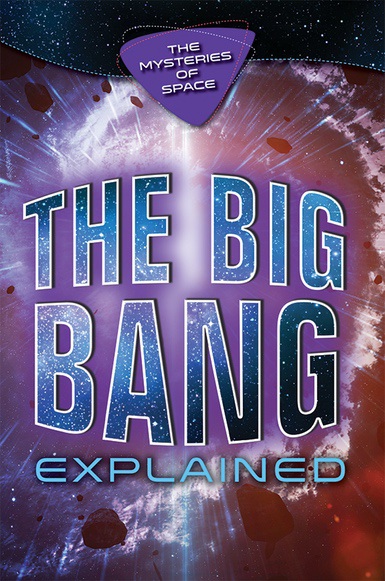
The Big Bang Explained
The Big Bang theory describes the very beginnings of the universe, when it was infinitesimally small and infinitely dense, and follows its rapid expansion and evolution, from the formation of nuclei within the first few minutes to the creation of the first galaxies a billion years later. The Big Bang theory is a cornerstone of modern cosmology, and although astronomers cannot directly observe the birth of the universe, the theory is widely accepted because it makes concrete predictions of the current observable universe, which have been tested repeatedly with striking success. Supporting the Next Generation Science Standards' emphasis on scientific collection and analysis of data and evidence-based theories, this book will help students understand the observational evidence supporting the Big Bang theory and speculate on the ultimate fate of the universe it implies.








